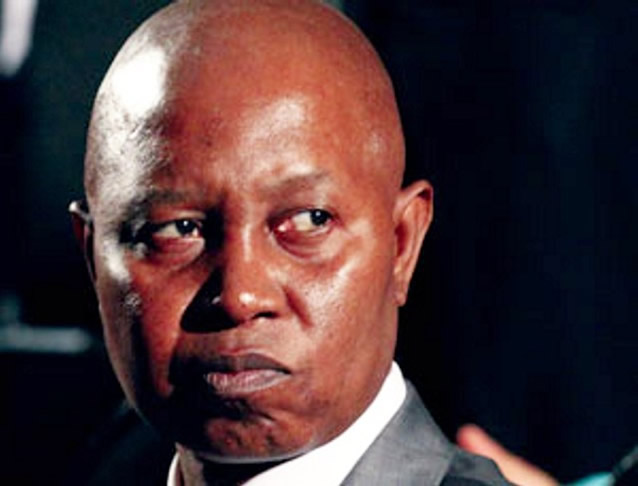Editorial Comment: History is a good teacher

 Zimbabwe has some of the highest service costs in the region. This problem can be traced to the introduction of the multi-currency system as the country navigated from the now defunct Zimbabwe dollar at the height of hyperinflation.Most goods cost almost twice the prevailing prices in other countries in the region.
Zimbabwe has some of the highest service costs in the region. This problem can be traced to the introduction of the multi-currency system as the country navigated from the now defunct Zimbabwe dollar at the height of hyperinflation.Most goods cost almost twice the prevailing prices in other countries in the region.
Some regulatory authorities have attempted to correct the cost structure of local services by setting up maximum prices.
The Postal and Telecommunications Regulatory Authority of Zimbabwe recently directed all service providers in the mobile telephone sector to reduce costs of calls from about 24 cents a minutes to 15 cents a minute for intra network calls and 16 cents for other networks.
The charges pegged by Potraz compare favourably with those charged by regional mobile phone companies.
Last week, government directed fuel companies to reduce petrol and diesel prices to follow trends on the international market where petroleum prices are going down.
In a story carried in Business Chronicle yesterday, we reported that Cabinet has approved the setting up of a single national authority to buy water treatment chemicals on behalf of local authorities and the Zimbabwe National Water Authority.
The argument for the setting up of the single authority is that municipalities and Zinwa would benefit from economies of scale which would result in reduced prices of chemicals and pass the benefits to consumers. This would result in consumer paying less for water.
At present, most local authorities are using middle men to procure water treatment chemicals. These middlemen put on their own mark-up which raises the cost of the final product.
Water, along with labour, power, transport and other has been identified as one of the key cost drivers and any reduction in its cost would have a positive impact on the economy.
However, caution needs to be exercised before this authority comes into being.
Measures need to be taken to ensure that it is sufficiently capacitated and capitalised to undertake this mammoth task.
Lessons need to be learnt from an ill-fated attempt to give a monopoly in the supply of treated water in all urban area to Zinwa in 2007.
The take-over was then seen as a panacea to the water shortages then facing most local authorities.
That experiment was a disaster as some local authorities which, before the takeover, were able to provide water to residents suddenly failed to do so while the situation worsened in cities such as Harare and Bulawayo which were already in the throes of water shortages.
Zinwa proved beyond reasonable doubt that it had no capacity to provide treated water to all local authorities and this prompted government to reverse its decision.
It is therefore imperative that before the proposed authority comes into being, proper feasibility studies are done to ensure that it is up to the task.
Instead of taking over the supply of chemicals for all authorities at once, the authority should do a pilot programme where it supplies chemicals to selected councils on a trial basis, say for three years, before assuming national responsibility.
There is need to ensure the proposed parastatal does not become another liquour with executives paid outrageous packages at the expense of suffering residents.








Comments